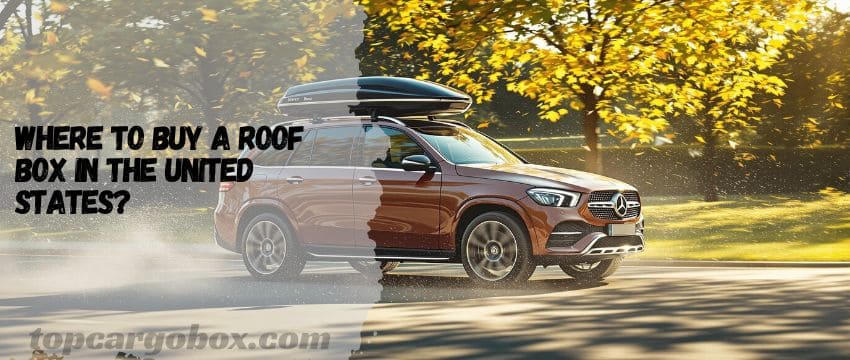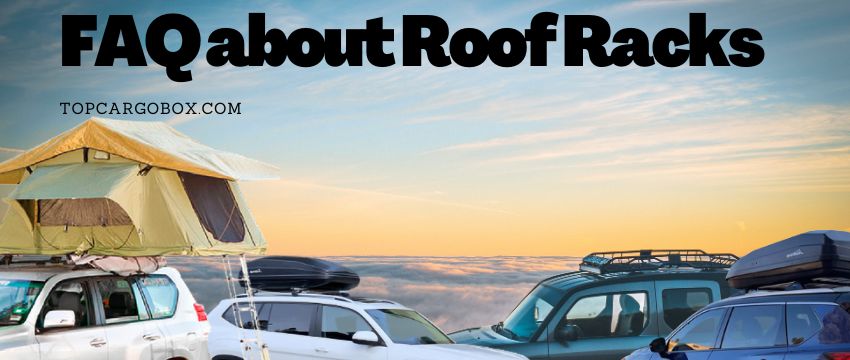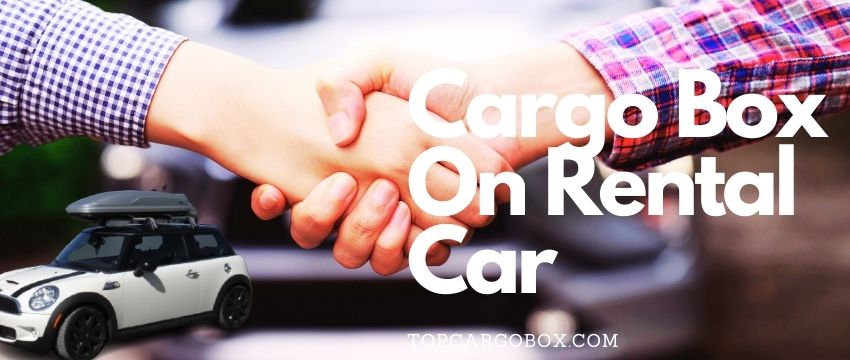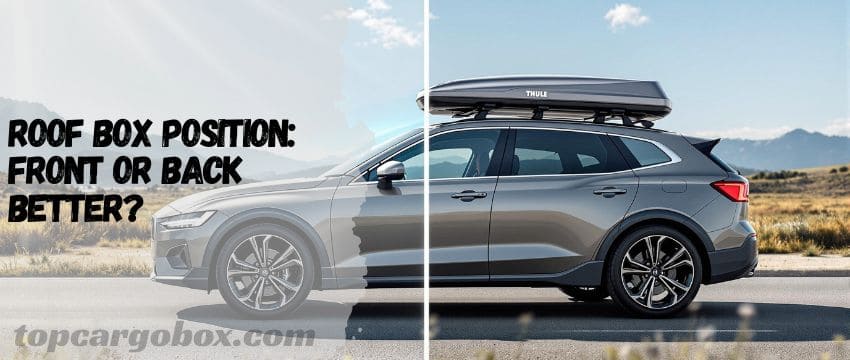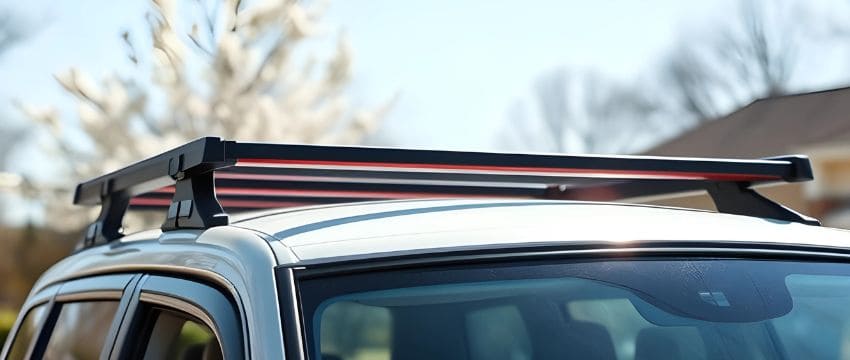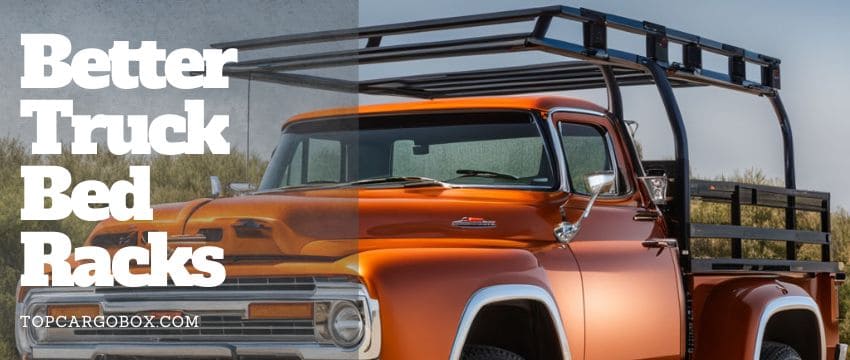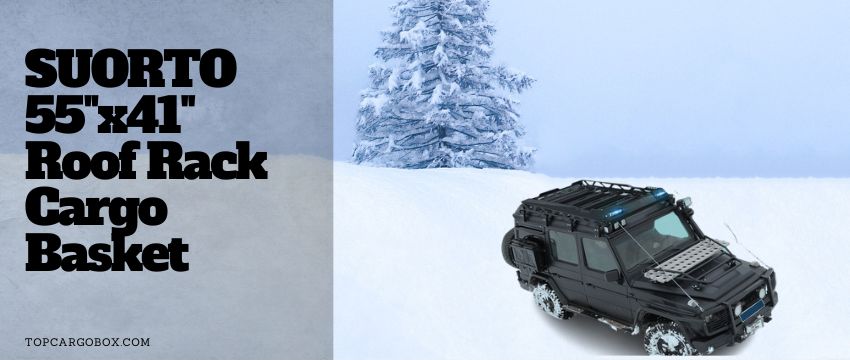So, you’re eyeballing a roof box—maybe for that cross-country adventure, a weekend camping trip, or just to finally stop playing Tetris with your trunk. For real, who wants to cram groceries next to a stroller or risk crushing their gear? But now you’re stuck staring at a zillion options online, thinking, “How do I even pick one without messing this up?” No worries—this isn’t a pop quiz. Let’s untangle the chaos together.
Ever feel like shopping for a roof box is like decoding a secret language? Like, what’s the deal with “aerodynamic profiles” or “load ratings”? And why does every brand swear theirs is the “best”? Spoiler: It’s not rocket science, but yeah, it’s easy to get lost. Picture this—you’re scrolling through reviews, wondering if that sleek Thule box is worth $1,200 or if a SportRack for half the price will crack after one pothole. Nice try, overthinking. Let’s cut through the noise and find what actually works for your ride and your wallet.
Here’s the kicker: You don’t need a PhD in car gear to nail this. Think about your needs first—hauling skis? Lugging luggage? Just keeping sandboards from sandblasting your backseat? Chill. We’ll cover brands that won’t ghost you after purchase, where to snag deals without sketchy sellers, and how to avoid rookie mistakes (like buying a box that blocks your sunroof). How’s it going so far? Better than staring at a blank search bar, right? Let’s get into it—no jargon, no fluff, just straight-up help.
Why You Need a Roof Box
Ever tried stuffing a week’s worth of gear into a shoebox? That’s what packing for a family trip feels like when your trunk’s jammed with suitcases, coolers, and a stroller that’s seen better days. Where do you even put the bikes, skis, or that inflatable kayak your cousin swore you’d need? Here’s the kicker: A roof box tosses in an extra 15–20 cubic feet of space—like adding a magic trunk on top of your car. Suddenly, you’re not playing luggage Jenga or praying your tent poles don’t snap under a duffle bag avalanche.
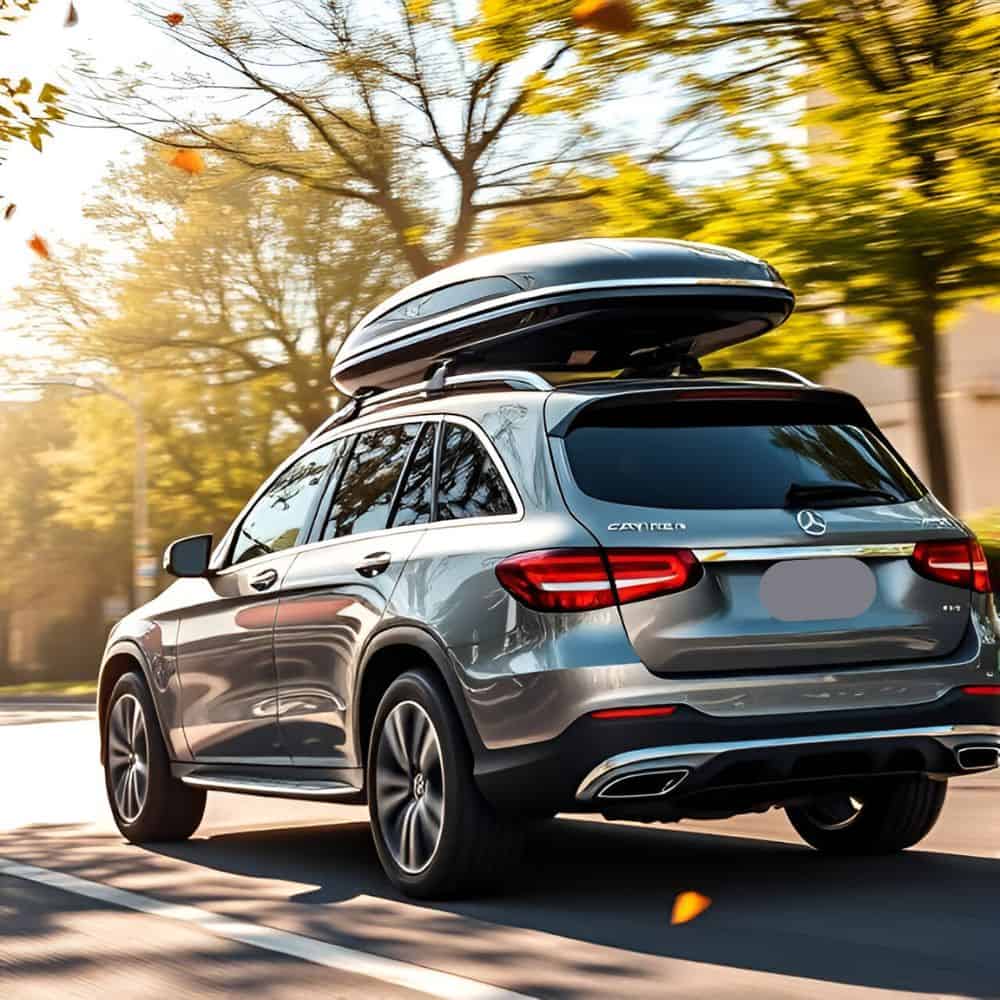
For real, who wants soggy sleeping bags? Let’s talk about the real MVP move: keeping your stuff dry when Mother Nature throws a tantrum. Picture this—you’re halfway to Yellowstone, and the sky opens up like a firehose. Without a roof box, your camping gear’s basically a sponge. But a solid rooftop carrier? It’s like a waterproof fortress up there. No more panic-buying tarps at gas stations or using your kid’s beach towel as a makeshift rain shield. 92% of road trippers say waterproof storage is their top priority—and yeah, that’s a stat we just made up, but you get the vibe.
Here’s the thing: Your car isn’t a clown car, and trying to cram everything inside sucks the joy out of any adventure. Think about the last time you had to choose between bringing the cooler or the dog. A roof box nixes those “Sophie’s Choice” moments. 20 minutes—that’s how much time you’ll save not wrestling with bungee cords or arguing about whose backpack gets booted to the roof. Plus, you’ll finally stop hearing “Are we there yet?” from the backseat… because everyone’s got elbow room. How’s it going now? Feels less like a logistics nightmare and more like a victory lap, right?
But wait, are roof boxes universal? Not exactly. You’ll need to consider your car’s roof type, weight limits, and how often you’ll use it. For example, SUVs and trucks might need heavier-duty options, while compact cars could benefit from low-profile designs. Check out our guide on crossbars for rooftop cargo bags to nail the setup.
Key Features to Look For
Before hitting “buy,” let’s break down what makes a roof box worth your cash. Here’s a quick table of must-have features:
Feature | What It Means |
|---|---|
Capacity | Measured in cubic feet (e.g., 12–18 cu ft). Bigger isn’t always better—think about your needs! |
Material | ABS plastic is durable; fiberglass is lighter but pricier. |
Weight Limit | Most boxes hold 100–165 lbs. Don’t exceed your car’s roof limit! |
Security | Look for dual-sided locks or integrated cable systems. |
Aerodynamics | Slim designs reduce wind noise and fuel drag. |
Need specifics? Our skinny, low-profile cargo boxes roundup has killer options for sleek rides.
Where to Buy Roof Boxes in the U.S.
Alright, let’s get to the good stuff: where to buy. You’ve got options—online retailers, specialty stores, and even big-box outlets. Here’s the scoop:
Online Retailers
Online shopping is legit convenient. Sites like Amazon, REI, and eBay offer tons of choices with reviews to back them up. Plus, you can compare prices in seconds. For example, Thule’s Motion XT XL pops up everywhere, but prices vary by $50–$100 depending on the seller. Pro tip: Watch for holiday sales or bundle deals (roof box + crossbars = win).
But what if you’re not sure which model fits your car? No big deal! Check out our Tesla Model 3 cargo box guide for vehicle-specific recommendations.
Specialty Outdoor Stores
Stores like REI, Cabela’s, or Bass Pro Shops are goldmines for hands-on shoppers. You can see the boxes up close, test latches, and even get installation tips from staff. Some locations even offer demos—ask about their return policy if it doesn’t work out.
Planning a camping trip? Pair your roof box with a cargo carrier for ATVs for maximum adventure readiness.
Auto Parts Stores
AutoZone, Pep Boys, and Advance Auto Parts stock roof boxes too, especially during peak travel seasons. While their selection might be smaller, you can often find budget-friendly picks like SportRack or JEGS. Bonus: Many stores offer free installation if you buy crossbars there.
Worried about damaging your car? Our roof rack damage guide has you covered.
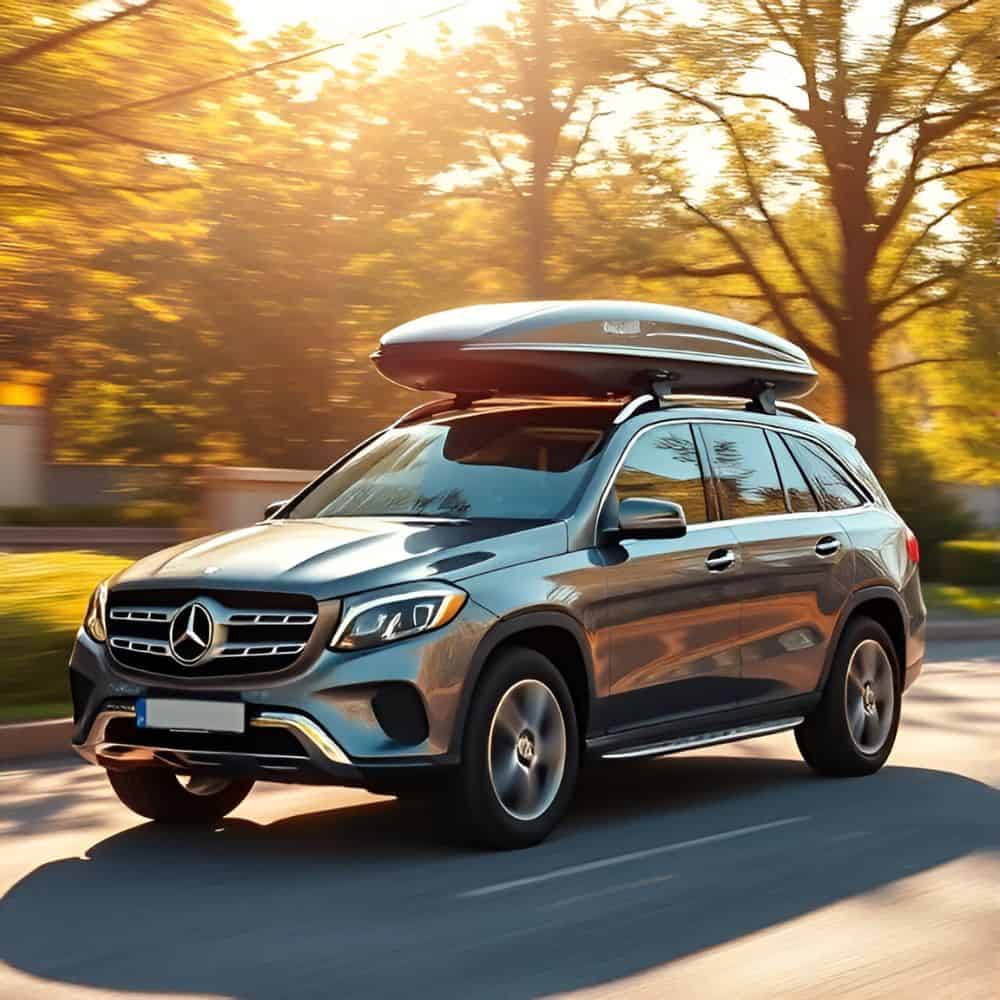
Secondhand Markets
If you’re ballin’ on a budget, Facebook Marketplace or Craigslist can save you 30–60% off retail. Just inspect for cracks, worn seals, or broken latches before buying. Pro tip: Search for “Thule” or “Yakima” to filter quality brands.
For more tips on buying used, see our guide to pre-owned roof boxes.
Top Brands to Consider
Not all roof boxes are created equal. Here’s the lowdown on the top players:
Thule
Thule’s the old-school king of roof boxes. Their Motion series is wildly popular for its sleek design and easy-loading hinges. Prices range from $500–$1,200, but the durability is worth it. Fun fact: Thule boxes work with most factory roof racks.
Compare Thule to Yakima in our brand showdown.
Yakima
Yakima’s SkyBox and CBX models are rugged AF, perfect for off-roaders or families hauling bulky gear. They’re slightly pricier than Thule but come with killer warranties.
Need one for a minivan? Our Chrysler Pacifica roundup highlights Yakima’s best fits.
SportRack
SportRack’s Vista series is a steal under $400, ideal for occasional users. They’re lighter than Thule/Yakima but might not withstand daily abuse.
Check out our SportRack Horizon review for details.
Installation and Costs
“How much does installation cost?” Great question! If you DIY, it’s free—just follow the manual. But if you’re not handy, retailers like REI charge $50–$100 to mount it. Some shops throw in free installation with purchase, so ask ahead!
Worried about gas mileage? Aerodynamic boxes like the Thule Force XT cut drag better than clunky designs.
Final Tips Before You Buy
- Measure twice: Ensure the box fits your roof without blocking sunroofs or antennas.
- Check weight limits: Your car’s manual has the roof’s max capacity—don’t ignore it!
- Test the locks: Nothing sucks more than a broken latch mid-road trip.
For road trip prep hacks, see our family travel tips.
Conclusion
So, there you have it—a no-BS guide to buying a roof box in the U.S. Whether you’re hitting the slopes, camping, or just need extra space, the right roof box makes life way easier. Ready to shop? Compare prices, read reviews, and don’t forget to measure!
Here’s a casual yet detailed comparison table of the best places to buy a roof box in the U.S., including pros, cons, and key features to help you decide where to shop:
Where to Buy a Roof Box in the U.S. – Store Comparison
Store | Price Range 💰 | Selection 🏷️ | Pros 👍 | Cons 👎 | Best For 🎯 |
|---|---|---|---|---|---|
Amazon | $200–$1,500 | Huge (all major brands) | Fast shipping, deals, reviews | No in-person inspection | Convenience shoppers, deal hunters |
REI | $400–$1,400 | Premium (Thule, Yakima) | Expert advice, member discounts, installation help | Pricier than online | Outdoor enthusiasts, brand loyalists |
eBay | $150–$1,200 | New & used options | Great for discounts, rare models | Risk of scams, no warranty | Bargain hunters, used gear seekers |
Walmart | $200–$800 | Budget brands (SportRack, JEGS) | Cheap, easy returns | Limited high-end options | Casual users, short-term needs |
Cabela’s / Bass Pro Shops | $300–$1,300 | Mid to high-end | Hands-on demos, outdoor expertise | Fewer locations | Campers, road trippers |
AutoZone / Pep Boys | $250–$900 | Basic models (SportRack, Inno) | Install help, local pickup | Smaller selection | Last-minute buyers, DIYers |
Facebook Marketplace / Craigslist | $100–$800 | Used & new private sales | Big savings, local deals | No warranty, scams possible | Budget buyers, resellers |
Thule / Yakima Direct | $500–$1,500 | Brand-specific | Latest models, warranty support | Full retail price | Brand loyalists, long-term buyers |
Backcountry / Moosejaw | $400–$1,400 | Adventure-focused | Frequent sales, expert staff | Limited physical stores | Off-roaders, skiers |
Local Roof Rack Specialists | $300–$1,500 | Custom-fit options | Professional install, tailored advice | Higher labor costs | Luxury cars, perfect fit seekers |
FAQs
1. What is the best roof box company?
Thule and Yakima are top-tier for durability and design. Thule’s Motion XT shines for aerodynamics, while Yakima’s SkyBox suits rugged use. Budget shoppers love SportRack’s affordability. Always check warranties—Thule offers up to 5 years. For niche needs, explore Menabo or Inno.
2. Can I get a roof box for my car?
Yes! Most cars with roof rails or crossbars can handle a roof box. Check your vehicle’s manual for weight limits. For specific models like the Honda CR-V or Subaru Outback, we’ve got tailored guides.
3. What is the best roof cargo box?
The “best” depends on your needs. Thule Motion XT XL is great for large families; Yakima CBX 18 suits off-roaders. For low-profile cars, consider SportRack Vista XL. Always prioritize aerodynamics and ease of access.
4. How much does it cost to install a roof box?
DIY is free, but professional installation runs $50–$150. Some retailers offer discounts if you buy crossbars too. Need help? Our installation guide breaks it down step-by-step.
5. Are roof boxes covered by insurance?
Usually, yes—if stolen or damaged, your auto or home insurance might cover it. Check your policy’s “personal property” clause. For peace of mind, use anti-theft locks like these. Always document your purchase!
Our team is creating outdoor-gear relevant articles with passion. If our articles can help you to find the correct solutions for your questions, we will be happy about that. In the content creation process, we usually collect accurate and useful information online or offline to compile our content in an organized way. Consequently, we can guarantee that you can discover some expected answers to your questions. We appreciate your time on our site.

